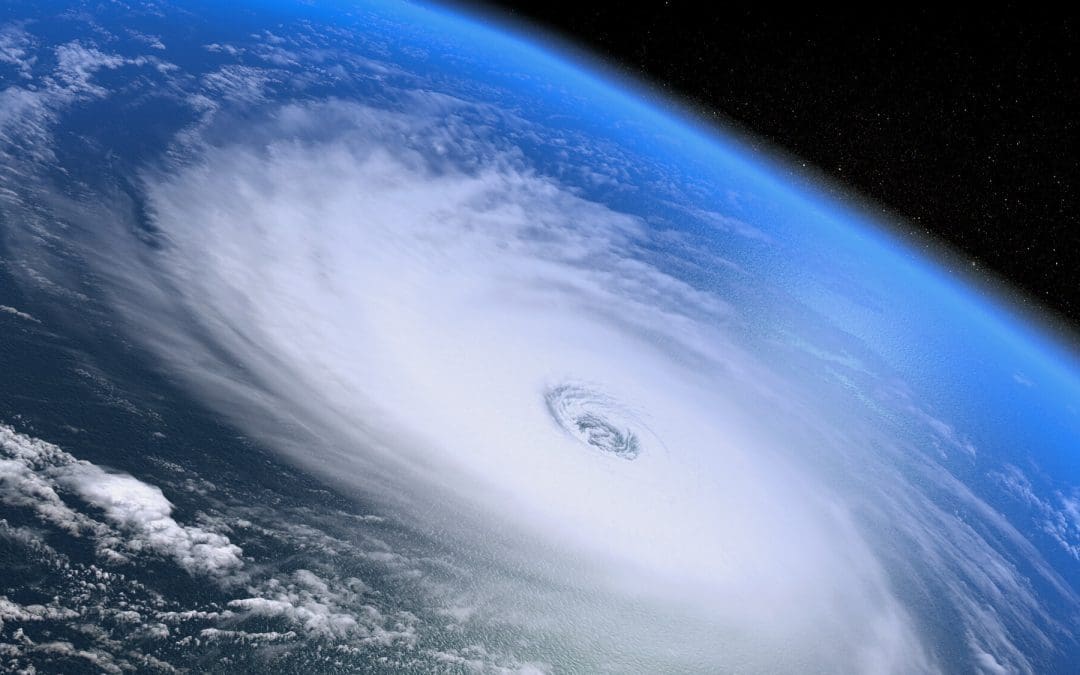Living in Florida offers beautiful beaches, sunny days, and mild winters, but it also means dealing with hurricanes. With the season officially running from June 1st to November 30th, Floridians must take steps to protect their homes from the powerful winds and heavy rains hurricanes can bring. Here’s a comprehensive guide on how to prepare your home for hurricane season.
Step 1: Understand Your Risk
First, determine your home’s vulnerability to storm surges, flooding, and wind. Check if you live in a flood zone by consulting FEMA’s Flood Map Service Center or your local government’s resources. Knowing the risks specific to your area can help tailor your preparation efforts.
Step 2: Inspect and Repair While You Prepare Your Home for Hurricane Season
Roof: Ensure your roof is in good condition. Replace missing or damaged shingles or tiles. Consider hiring a professional to check that your roof is properly sealed and fastened to the structure beneath, as this can greatly improve its resistance to high winds.
Windows and Doors: Install storm shutters to protect windows and glass doors. Alternatively, keep plywood on hand to board up windows if storm shutters are not available. Check that all doors, especially exterior ones, have at least three hinges and a deadbolt lock at least one inch long.
Gutters and Downspouts: Clean your gutters and downspouts to ensure water can flow away from your home. This reduces the risk of flooding and water damage.
Step 3: Landscape and Yard
Secure or store items that could become projectiles in high winds, such as patio furniture, grills, and gardening tools. Trim trees and shrubs to make them more wind resistant, and remove any diseased or damaged limbs to prevent them from becoming flying debris.
Step 4: Consider Flood Defenses While You Prepare Your Home for Hurrican Season
If you live in a flood-prone area, consider installing a sump pump, applying coatings and sealants to your basement walls and floors, or using sandbags to help divert water away from your home.
Step 5: Review Your Insurance
Review your homeowners’ insurance policy to ensure it covers hurricane damage and flooding. Understand your deductibles, limits, and the procedures for filing a claim. Consider flood insurance if you are in a high-risk area, as most standard policies do not cover flood damage.
Step 6: Prepare an Emergency Kit
Prepare an emergency kit that includes:
- Enough non-perishable food and water for at least three days.
- Medications, first-aid supplies, and toiletries.
- Flashlights, extra batteries, and a battery-powered radio.
- Important documents, such as insurance policies, IDs, and bank account records, stored in a waterproof container.
Step 7: Create an Evacuation Plan
Know your evacuation routes and have a plan in case you need to leave your home. Keep your car’s gas tank full as the hurricane approaches, and make arrangements for pets.
Step 8: Prepare Your Home for Hurricane Season, Then Stay Informed
Stay updated with the latest weather reports and follow the advice of local authorities. Consider signing up for your community’s warning system and know the difference between a hurricane watch and a hurricane warning.
Preparing for a hurricane is critical to living safely in Florida. By taking these steps well before a storm hits, you can minimize damage to your home and help keep your family safe. Remember, the key to effective hurricane preparation is starting early—don’t wait until the last minute, as that can leave you vulnerable to the chaotic pre-storm rush.
FAQs About Hurricane Season
What should I do if my home is damaged during a hurricane?
First, ensure your safety and that of your family. Once it’s safe, document the damage with photos or video, and contact your insurance company to begin the claims process. Avoid making permanent repairs until an adjuster has assessed the damage.
What items are often overlooked in emergency kits for hurricanes?
Cash, spare chargers for electronic devices, pet supplies, and copies of keys are often overlooked. Consider also including insect repellent and sunblock.
What should I do with my outdoor pool during a hurricane?
Do not empty your pool, as the lack of weight could cause structural problems if flooding occurs. Instead, superchlorinate the water and turn off all electrical power to pool equipment. Secure any loose items and cover the pool to prevent debris from entering.
Is it necessary to turn off utilities before evacuating for a hurricane?
If an evacuation is ordered, it’s advised to turn off your main gas line and electrical power. This can prevent potential gas leaks and electrical fires should the property sustain damage during the storm.
Pro Spect Home Inspections provides inspections to homebuyers and sellers in Citrus, Hernando, Pasco, Hillsborough, and Pinellas counties. Contact us to schedule our services.

